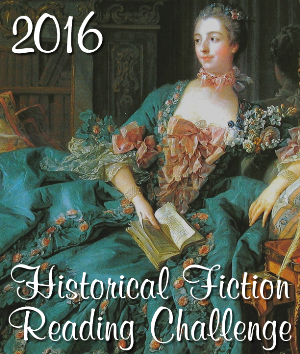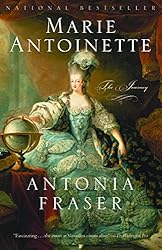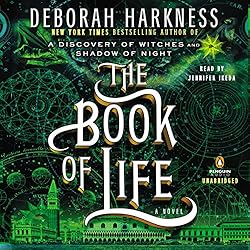
The Things They Carried is a collection of vignettes or chapters, some might say individual short stories—and most chapters certainly have a full story arc—based on Tim O’Brien’s time serving in the Vietnam War. Many of the stories were previously published. The stories are not arranged chronologically. For instance, “On the Rainy River” takes place before O’Brien goes to Vietnam as he is contemplating going to Canada to avoid the draft, while the few stories preceding it all take place during the war. Three post-war stories are interspersed throughout the remainder of the narrative as well.
I’m fairly certain I read “Speaking of Courage” in another form in college. The other stories were all new to me. I’m finding it hard figuring out what to write in this review because it’s hard to review books like this book. What can you say, aside from that the stories and writing are fantastic, and everyone should go out and read it? As I grew up, the country was still processing how it felt about this war, and in many ways, it still is. I couldn’t believe, for instance, that this novel was published in 1990. I felt sure it had been around longer than that. It’s a book I feel like I’ve been hearing about for much longer than that.
You know, Westmoreland visited my high school. I remember it. I didn’t really know or understand who he was, but I distinctly remember feeling like he expected us to be hostile. But maybe that was the teachers. I am still baffled as to why he came. We were all born during the war. Our fathers may have served in it, but beyond that, what connections did we have? And yet I still remember how his back was up as he spoke to us. He was very defensive. I can no longer remember anything he said—just how defensive he was.
When I was young, I remember the controversy over the Vietnam War Memorial in Washington, DC. I remember hearing stories about vets in the news. That war was all around me in media when I was young. I always had this powerful sort of personal connection to it because I knew my dad had been there when I was born, and I had been told the story of how he missed the first six months of my life because he was in Vietnam. He must have been there about a year. He was in the Air Force, so he was not out on patrols, in the thick of the most danger. Still, he was in a war zone, and it was all, more or less, dangerous.
O’Brien’s spare stories remind me a great deal of Ernest Hemingway. In fact, I find “Speaking of Courage” to be a descendant, of sorts, of Hemingway’s “Soldier’s Home.” Of the stories included in the novel, I think “The Things They Carried,” “On the Rainy River,” and “Speaking of Courage” were my three favorites, but the stories do speak to each other and weave together. I think one of my favorite aspects of the book is O’Brien’s awareness of the importance of telling stories. O’Brien writes the reader into that time and that place. It seems effortless, like the best art is, and the reader is unaware of the stagecraft at play until the next chapter, when O’Brien uncovers it. I’ve not quite read anything like it. I was reading a Buzzfeed article the other day about a list of books you wish you could read again for the first time. I know that feeling of envy—the desire to have that wonderful book in front of you again for the first time. Someone had put this book on the list. I don’t necessarily agree with all the choices other readers made for the list—I do agree with many of them—but I can see why this book made someone’s list. I gulped it down in a day. It was one of the most engrossing books I’ve read for a while.
Rating:




I requested this book via PaperBack Swap in June of last year. I don’t believe I’ll be putting it back into the pool. I want to keep it. It’s been on my to-read list for a lot longer, however.













